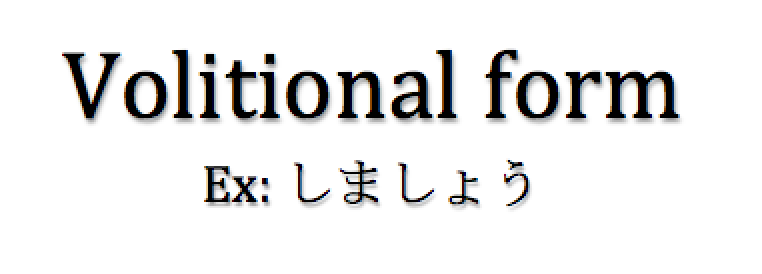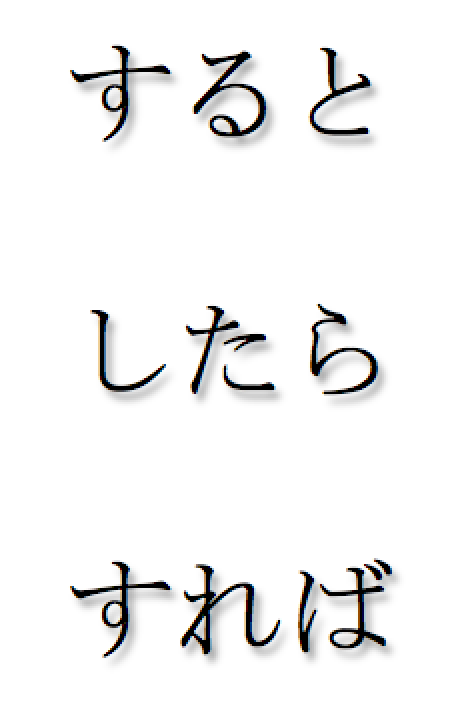A modern first person pronoun in Japanese
(Please note, this post was an April fools joke.) As it’s now the first of the month, in this post I’d like to focus on a first-person pronoun I’ve been hearing alot lately. While modern English has pretty much only “I”, Japanese has many of these words including “boku”, “watashi”, “atashi”, and even “washi” (and that’s… Read More »


